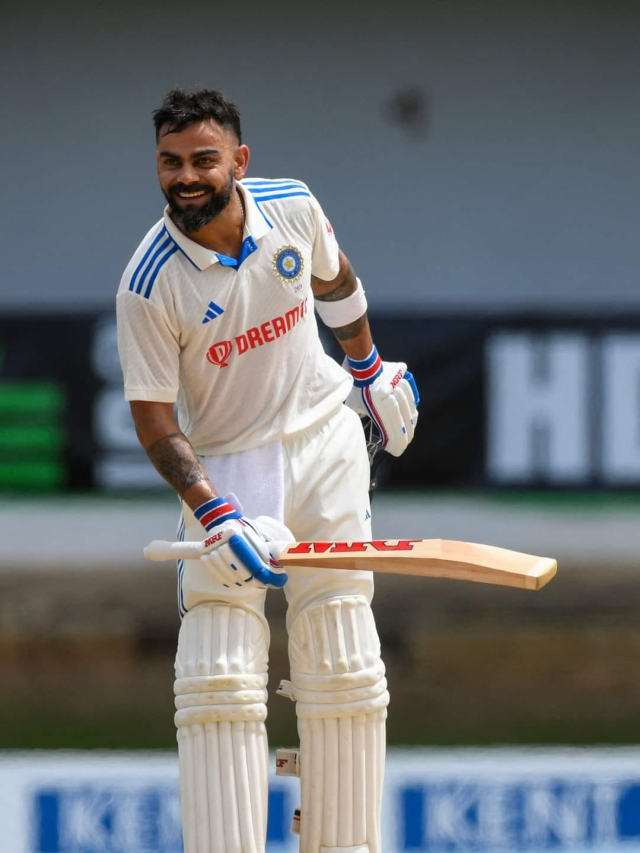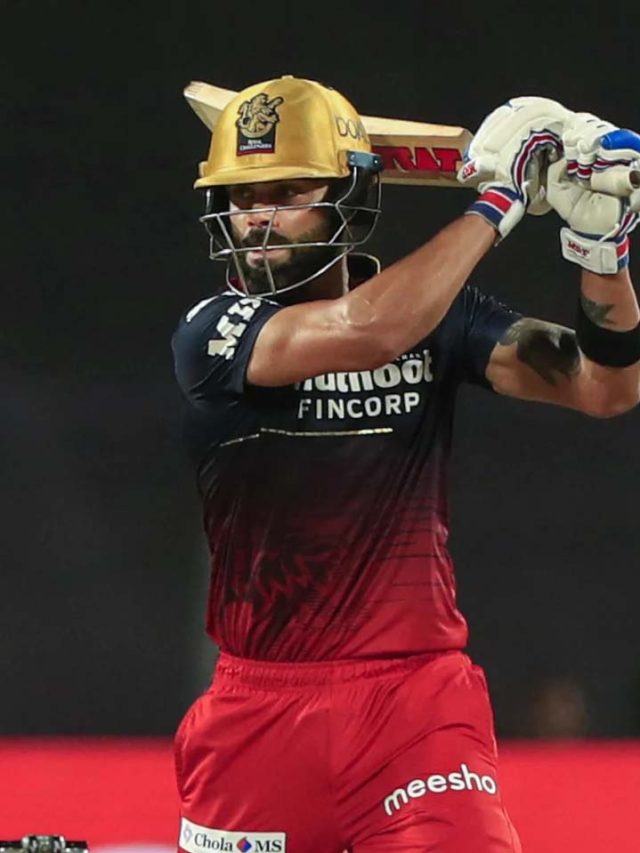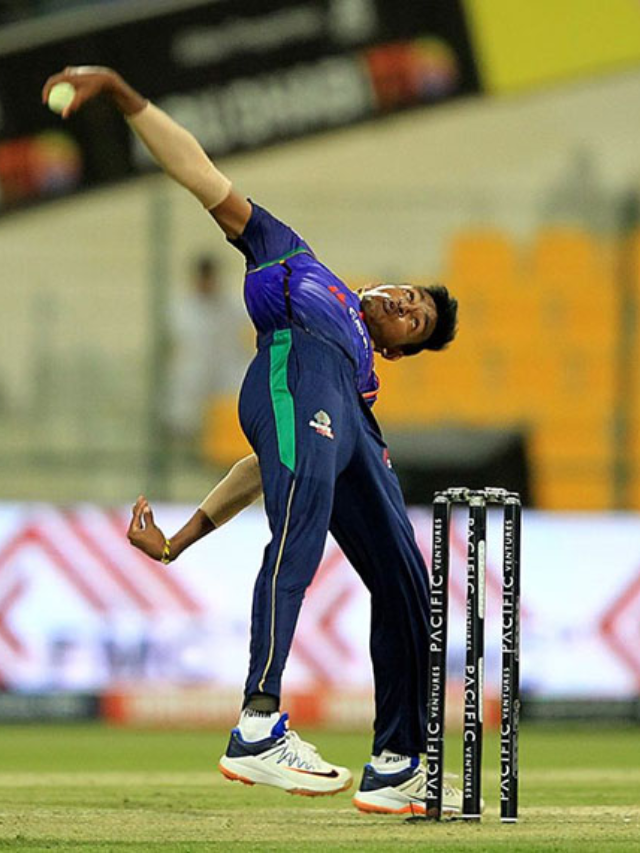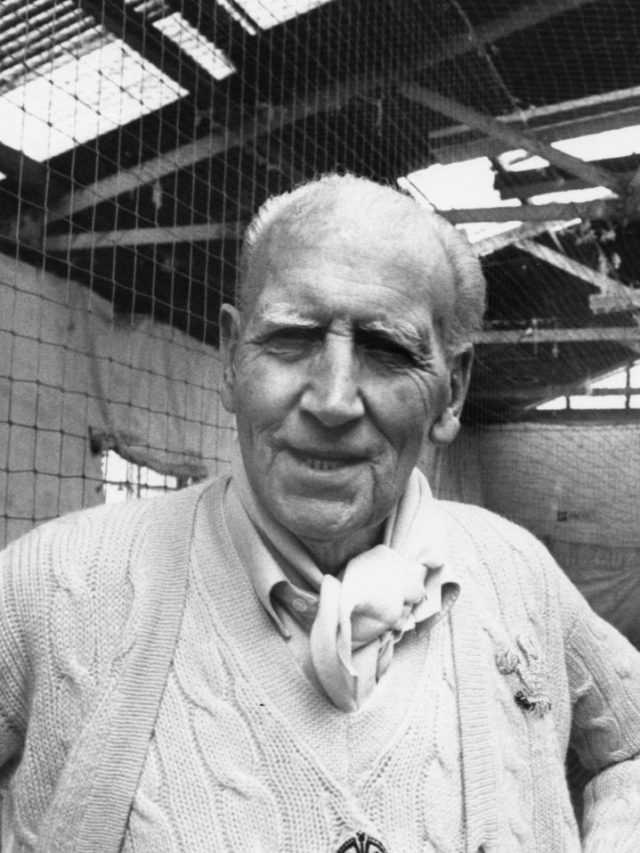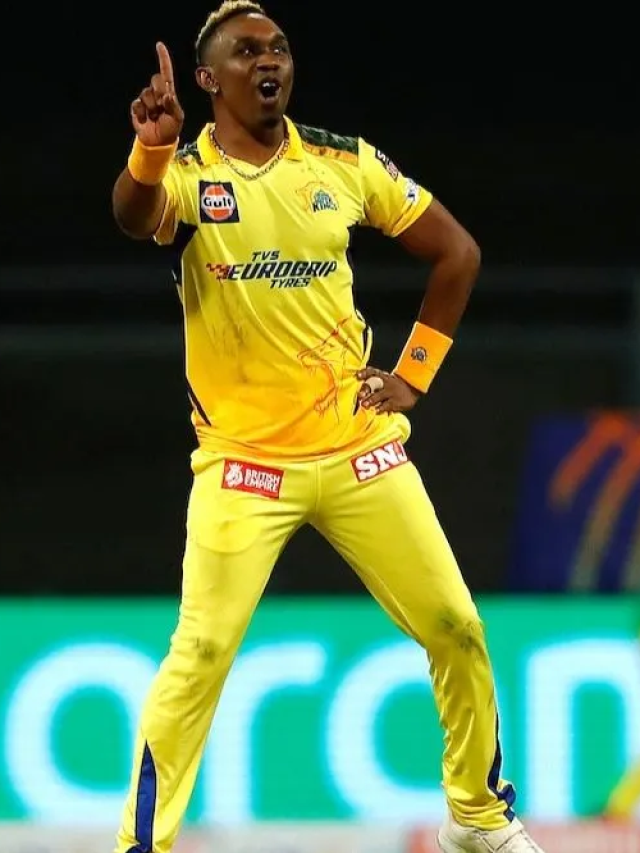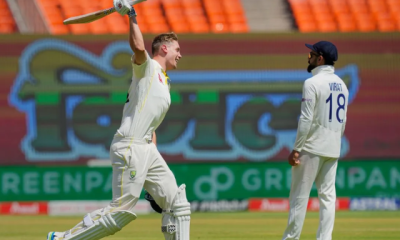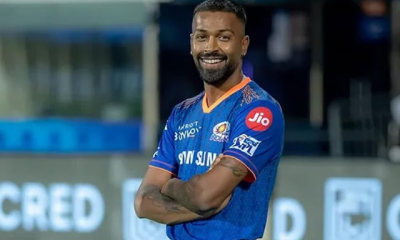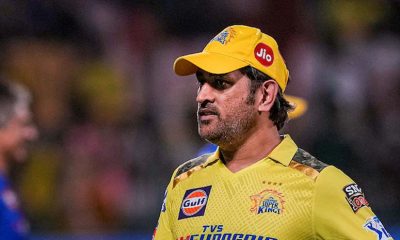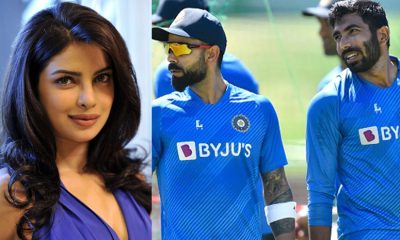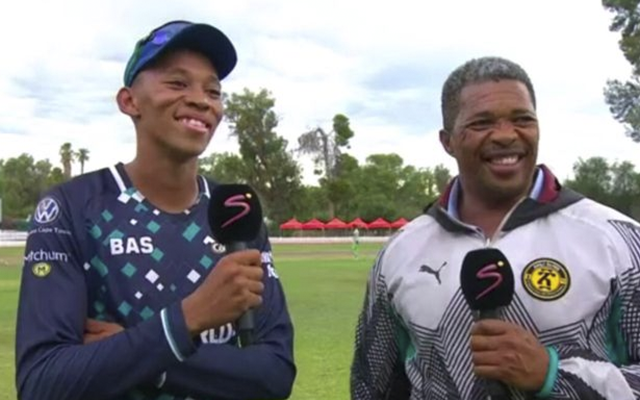
Thando Ntini, the son of former South African pacer Makhaya Ntini, recently shed light on the racial challenges his father faced during his cricketing career in the early 2000s. Makhaya Ntini, an esteemed cricketer who claimed 390 Test and 266 ODI wickets, played alongside cricket legends like Shaun Pollock, Jacques Kallis, Mark Boucher, and Lance Klusener during his decade-long international career.
In a podcast called The Load Shed, Thando disclosed that his father refrains from discussing his cricket career with the South African men’s cricket team. Thando revealed that Makhaya Ntini, as South Africa’s first black Test cricketer, had to persistently battle for recognition and respect within the team.
Thando shed light on the hardships his father encountered, emphasising the isolation he experienced while being a part of the South African team. He also faced racism, narrating an incident that almost hindered his participation in an Under-19 camp, highlighting the pervasive systemic issues within the sport.
“He was constantly fighting for his life on that team, every day. Being the only [black] guy there, it stinks to hear [when he says] how many times he was invited to a dinner with the gents. Even though he was good enough,” Thando expressed.
Makhaya Ntini had spoken about racial issues!
The conversation around racial issues in South African cricket gained momentum in 2020 when Makhaya Ntini shared his personal experiences in an interview. It came following Lungi Ngidi‘s call for the team to address racial inequality. Ntini openly discussed the loneliness he felt, pointing out the lack of camaraderie. He also spoke about exclusion from social activities with teammates, such as being overlooked for dinner invitations.
“I was forever lonely at the time,” Ntini revealed in an interview with the South African Broadcasting Corporation. “Nobody knocked on my door to go for dinner. Teammates used to make plans right in front of me, skipping me out. When I walked into the breakfast room, nobody came to sit with me. We wear the same uniform and sing the same national anthem, but I had to overcome the isolation,” he added, sharing that he chose to avoid the team bus, preferring to run to the stadium to cope with the isolation.






